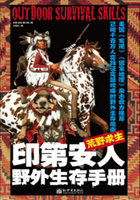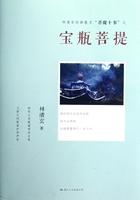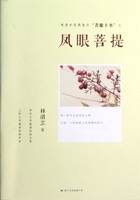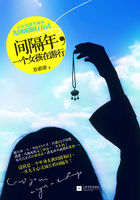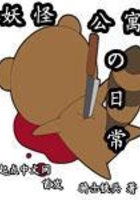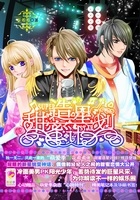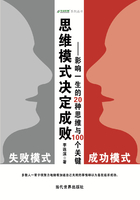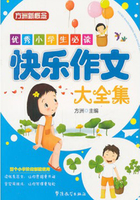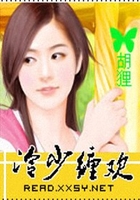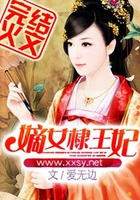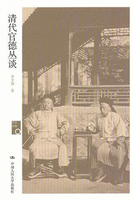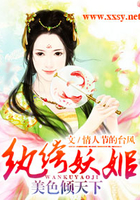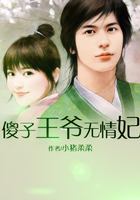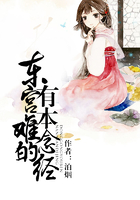人类发现和利用茶已有几千年的历史,“茶之为饮,发乎神农”。中国是茶的原产地,也是茶文化的故乡,茶的芳香让人清心雅志,品茶的情趣让人和敬廉美,茶的减肥、防癌功能让人健康长寿。本篇将介绍中国茶学的特点以及有关饮茶的基本知识。
1.关于中国茶的由来有哪些传说?
What are the legendary origins of tea in China?
According to legends, over 5,000 years ago in China, there was a divine farmer named Shen Nong (神农), one of the noble figures of Chinese mythology. He taught people agricultural and medicinal practices. One day when he sat beneath a tree and was ready to taste herbs, and at the same time his servant began to boil drinking water. By chance, some dry leaves dropped from a tree into the water. As usual, Shen Nong drank the boiled water. It tasted a little bitter, and the water looked slightly yellowish, but it refreshed him. The tree turned out to be a wild tea tree.
Buddhist legends have another story. Once Bodhidharma (菩提达摩)stayed in a cave-temple outside Nanjing, where he practiced meditation. One day as he meditated, he felt sleepy. He cut off his eyelids in an attempt to keep himself awake; and to his surprise, tea plants sprang up from the ground where he had tossed the severed eyelids. Later, he used these leaves to brew tea to help him stay awake for meditation.
Notes:1)yellowish淡黄色的;2)refresh使清新;3)eyelid眼睑;4)toss扔;5)sever切断
2.茶最初的功能是什么?
What was the function of tea when it was first used?
In ancient China, tea was regarded as one of seven daily necessities, along with firewood, rice, oil, salt, soy sauce and vinegar. But from the very beginning, tea was used as medicine. At initial stage, the ancient men drank it to relieve poison. The ancient medical book, Shen Nong Bencao Classics (《神农本草经》) says that tealeaves taste bitter and so can make people spirited and think clearly. In Eating Classics (《食经》), Hua Tuo (华佗) says that the continuous drinking of bitter tea is good for thinking.
Notes:1)necessity必要性;2)vinegar醋;3)tealeaf茶叶;
4)continuous连续的
3.饮茶的习惯源于什么地方?
Historically, where did the habit of tea drinking come from?
It is commonly believed that the habit of tea drinking originated in Sichuan Province about 3,000 years ago. There is evidence that people there began to drink tea early in the Spring and Autumn Period. In the Qin Dynasty, tea drinking spread to other areas of China; and according to The History of Sichuan (《四川志》), local people began to plant tea during the Western Han Dynasty. Zhang Jingyang (张景阳) of the Western Jin Dynasty spoke highly of tea produced on Mt. Qingcheng (青城山) near Chengdu. In a poem entitled Climbing Chengdu’s Bai Tu Tower (《登成都白菟楼》) Zhang says,“Fragrant tea is superior to the sixth quiet story of Daoism; and its pleasant taste spreads to all the states (芳茶冠六清,溢味播九区).”
The custom of tea drinking gradually spreaded out from Sichuan; and towards the end of the Western Han Dynasty, tea was regarded as the drink of imperial and noble families. Later, from the Jin to the Sui dynasties, tea drinking became popular among the common people.
Notes:1)fragrant芳香的;2)superior有优越感的
4.唐朝饮茶有些什么习惯?
What was the fashion of tea drinking in the Tang Dynasty?
Tea drinking prospered in the Tang Dynasty. As it became more and more popular, the way of the drinking varied. Before that time, people were not particular about their tea drinking. They drank tea to quench their thirsty or for medical purposes. Beginning with the Tang Dynasty, however, people tended to have more delicate tea tastes and went through a rather complicated process in tea drinking. Usually one went through several stages before drinking. The first stage was to select tea; the second was to choose excellent tea cups and cooking utensils; the third was to prepare charcoal; the fourth was to get water; the fifth was to bake the chosen tea; the sixth was to grind it; the seventh was to boil the tea; and the final stage was to drink the tea. People thought that the taste would be better by going through the above procedures. They also took great care about water. The best water was from the mountain, the worst from the well.
At that time, Lu Yu (陆羽) published The Book of Tea (《茶经》), the first book about tea in China. There also appeared anther book Supplement to the History of the Tang Dynasty (《唐国史补》), which talked about tea from Mt. Mengding (蒙顶山) in Sichuan. This book says,“the local people have a custom of entertaining their guests with good tea. High quality tea falls into several different types, ranked first by taste and scent.”
Notes:1)prosperous繁荣的;2)utensil器皿;3)charcoal木炭;
4)grind磨(碎);5)procedure步骤;6)supplement增补
5.你对唐代以后茶的生产和饮茶习惯了解多少?
What is the history of tea production and tea drinking after the Tang Dynasty?
In 907, the Tang Dynasty fell and China split into a number of independent states. The south split into separate kingdoms, which remained peaceful. Trade and commerce developed rapidly, and tea production in Jiangsu and Zhejiang provinces developed so quickly that these areas gradually became the center of tea art and culture.
People in the Song Dynasty came to drink tea even more delicately than in Tang times. In the Tang, tea drinking was popular mainly among noble families, but in some cities during the Song Dynasty, teahouses sprang up where common people could go and have tea. In Chengdu, tea service centers were set up to offer“official tea”for passers-by free of charge.
In the Ming and Qing dynasties, tea drinking differed from that of previous dynasties. In those times, people drank piece-tea (散型茶) instead of solid-tea (饼茶) and tea makers stir-fried tea in an attempt to strengthen tealeaves’ flavor. In the Ming Dynasty, green tea was the most common tea drink, but flower tea also came into being. Down to the Qing Dynasty, jasmine tea was produced in Suzhou. In the Qing Dynasty, Oolong and black tea appeared.
Notes:1)passers-by过路客;2)piece-tea散型茶;3)solid-tea饼茶;4)stir-fry炒
6.英文单词“tea”是怎样出现的?
What is the derivation of English word “tea”?
The word“tea”is one of the few English words of Chinese origin. It is derived from the plant’s name as it is pronounced in South China. In standard Chinese, it is pronounced“cha (茶)”. In South China, it is pronounced“te”or“tay,”the vowel sound being“e”.
There are two versions concerning the early spread of tea outside China.

